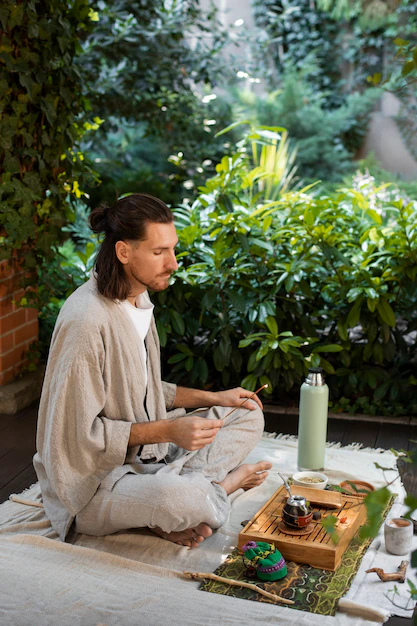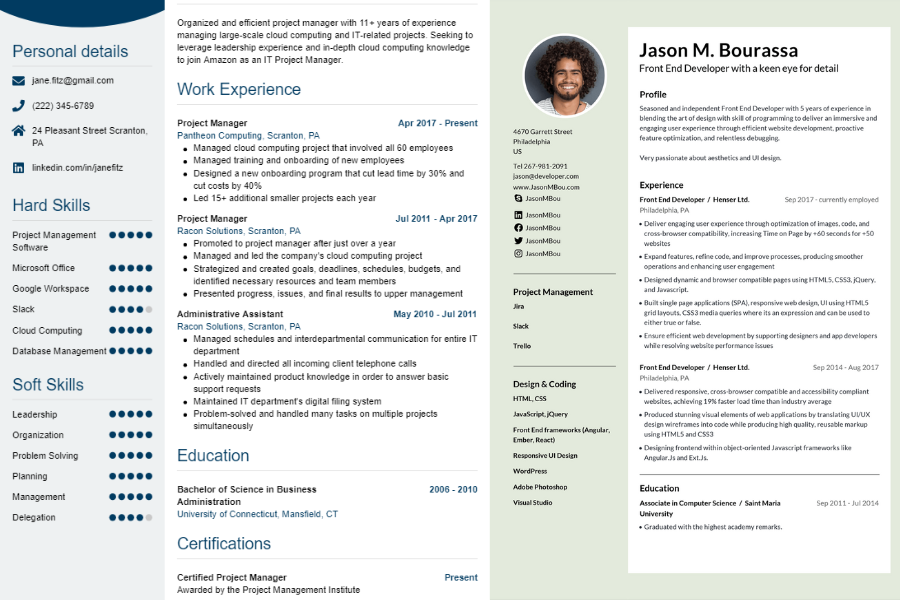
In today’s hectic world, the race to keep up with life’s demands can leave us feeling overwhelmed and frazzled. The art of self-care is more important than ever, acting as a buffer against stress and anxiety. This blog post will explore practical self-care techniques that can be incorporated into daily life to promote a calmer mind and a more balanced lifestyle.
Self-care isn’t just about having a spa day or taking a bubble bath—it’s an essential practice for maintaining mental and emotional well-being. It encompasses a wide range of activities designed to reduce stress, enhance mental clarity, and improve overall quality of life. Through simple yet effective techniques, we’ll guide you on a path to achieving inner peace and tranquility.
Understanding Self-Care
Self-care is a personal practice that involves taking responsibility for one’s own health and well-being. It’s about recognizing when you need to step back, recharge, and focus on yourself. By understanding its importance, you can prevent burnout and maintain a more positive outlook on life.
The concept of self-care goes beyond pampering. It includes activities that nourish your mind, body, and spirit. Whether it’s through exercise, meditation, or simply setting boundaries, self-care is about making deliberate choices that lead to a healthier you.
Implementing self-care into your routine doesn’t have to be complicated. By starting with small, manageable steps, you can gradually build a practice that fits seamlessly into your lifestyle. Remember, self-care is a personal journey, and what works for one person may differ for another.
The Power of Mindfulness
Mindfulness is a powerful self-care tool that can help you stay present and focused. It involves paying attention to the present moment without judgment, allowing you to experience life more fully. Practicing mindfulness can reduce stress, enhance emotional regulation, and improve overall well-being.
To incorporate mindfulness into your daily routine, start with short sessions of meditation or deep breathing exercises. These practices can help anchor your mind and bring peace amidst the chaos. Mindfulness can also be practiced during everyday activities, such as eating or walking, by simply focusing on the sensations and experiences of the moment.
Mindfulness teaches us to be more aware of our thoughts and emotions, enabling us to respond to situations with greater clarity and calmness. Over time, this increased awareness can lead to a more centered and balanced life.
The Role of Physical Activity
Physical activity is not only beneficial for your body but also for your mind. Regular exercise releases endorphins, which are natural mood lifters, and helps reduce stress and anxiety. Engaging in physical activity can also improve sleep quality and boost self-esteem.
Incorporating exercise into your self-care routine doesn’t have to be strenuous. Activities such as walking, yoga, or dancing can be both enjoyable and effective. The key is to find an activity that you love and that fits into your schedule.
By making physical activity a regular part of your life, you can enhance your mental well-being and enjoy the numerous benefits it brings, including increased energy levels and a more positive outlook.
Nourishing Your Body
What you eat can have a significant impact on your mental health. Nourishing your body with balanced, healthy meals can improve mood and cognitive function. Eating a variety of fruits, vegetables, whole grains, and lean proteins provides the nutrients your brain needs to function optimally.
It’s essential to listen to your body’s hunger cues and eat mindfully, savoring each bite. This practice can prevent overeating and promote a healthier relationship with food. For individuals seeking specialized guidance, such as eating disorder treatment in Salt Lake City, consulting with healthcare professionals can provide valuable support and resources.
Remember, self-care is about treating your body with kindness and respect. By prioritizing nutrition, you can fuel your body and mind for a more fulfilling life.
Setting Healthy Boundaries
Setting boundaries is a crucial aspect of self-care. It involves recognizing your limits and communicating them effectively to others. By setting healthy boundaries, you can protect your time and energy, reducing stress and preventing burnout.
Boundaries can take many forms, such as saying no to additional responsibilities, turning off digital devices, or carving out time for yourself. It’s important to remember that setting boundaries is not selfish—it’s a necessary step toward maintaining mental and emotional well-being.
By establishing clear boundaries, you can create a more balanced life that allows you to focus on what truly matters.
The Importance of Rest
Rest is a fundamental component of self-care that is often overlooked. Quality sleep is essential for overall health and well-being, affecting everything from mood to cognitive function. Ensuring you get enough rest can improve concentration, boost creativity, and enhance resilience to stress.
To promote better sleep, establish a consistent bedtime routine that signals to your body it’s time to wind down. This can include activities such as reading, taking a warm bath, or practicing relaxation techniques. Creating a restful sleep environment by minimizing noise and light can also improve sleep quality.
Prioritizing rest is an investment in your health and well-being, allowing you to recharge and face each day with renewed energy.
Conclusion
Mastering the art of self-care is an ongoing process that requires patience and self-compassion. By incorporating techniques such as mindfulness, physical activity, proper nutrition, healthy boundaries, and rest, you can cultivate a calmer, more balanced mind. These practices not only enhance your mental and emotional well-being but also empower you to lead a more fulfilling life.
Remember, self-care is personal, and what works for one person may not work for another. Explore different techniques and create a self-care routine that aligns with your unique needs and lifestyle. If you’re looking to deepen your understanding of self-care, consider reaching out to mental health professionals or exploring additional resources. Your mind deserves the care and attention it needs to thrive.
Keep an eye for more news & updates on Buzz Telecast!







